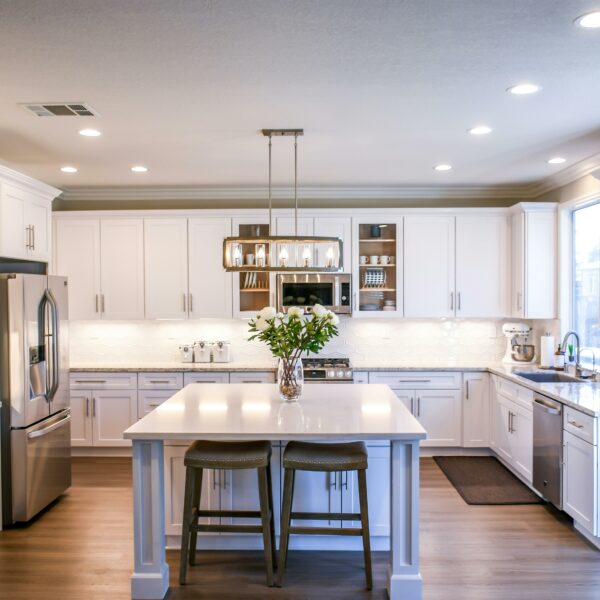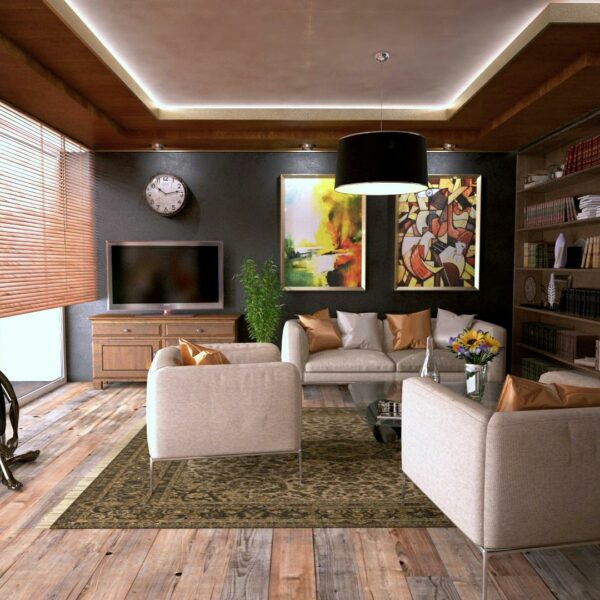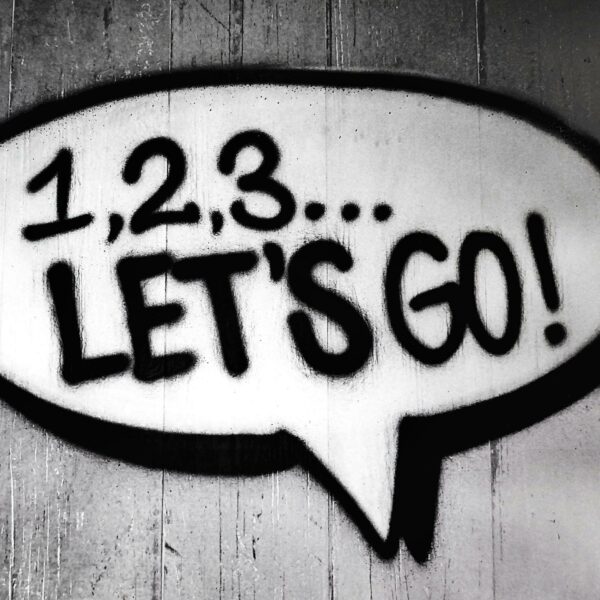Table of Contents
Interior Design Accounting can be intimidating at times; however, bookkeeping is essential to owning a business, and for interior designers, there is no shortage of financial management needed. To be a successful interior designer, one must have a knack for color, textures, and patterns, but having familiarity with numbers is also essential to owning and operating an interior design firm. As an industry, interior designing is often project-based. Meaning designers are often hired on a project-to-project basis, and while all businesses, big and small, require some level of accounting, project-based industries require specialized accounting for managing projects, adhering to tax compliances, planning expenses, creating a budget, and so much more.
Within each project, there are unique financial requirements, for example, tax compliance, budgeting, monitoring profitability, tracking expenses, and managing vendor payments. Accountants who are specialized in this field are better able to manage and track individual projects based on their specific needs to make sure the business runs smoothly and profitably.
Financial Analysis and Planning
Specialized accounting systems provide interior design firms with comprehensive financial reports, enabling them to analyze their financial performance, identify trends, and make informed business decisions. By having access to key financial ratios, cash flow statements, and profit and loss statements, firms can evaluate their financial health, plan for growth, and implement strategies for long-term success.
Accounting provides essential financial information for business planning and decision-making. Reports at this level can further assist interior designers in evaluating the financial feasibility of new projects, investments, or expansions. By doing so, designers can assess the profitability and potential risks of different opportunities.
Managing Unique Expenses
As well as assisting in financial analysis and planning, accountants assist in managing a wide range of expenses that designers require per project. Some of these include but are not limited to labor, materials and furniture, equipment, subcontractors, and fixtures. Accountants can accurately categorize and track these expenses, which is essential for budgeting, pricing services, and determining project profitability. It also helps identify areas where costs can be controlled or optimized.
Budgeting
Accountants who specialize in project-based industries can compare actual costs with budgeted costs and make adjustments as needed. An industry specific partner can ensure that projects are completed within the allocated budget and that revenue is recognized accurately and complies with accounting standards. By determining the appropriate pricing for interior design accounting services, accountants can analyze project costs, overheads, and desired profit margins and set competitive prices that cover the business’ expenses and generate a profit. Without accounting, designers run the risk of underpricing their services and, in turn, struggling to make a profit.
Time and Expense tracking
As well as budgeting costs, time and expense tracking is crucial in interior design accounting projects, as it allows designers to bill back their time after a project is completed. It is important for interior designers to track their time and measure their hours worked against what they are billing. Accountants utilize accurate record-keeping, which can streamline the preparation of financial statements, generate tax reports, and comply with tax obligations. This is crucial in keeping track of deductible expenses, sales tax, and other tax-related matters, reducing the risk of errors or audits. By tracking this accurately on the business’s financial statements, accountants can gauge if clients are billed properly based on hours worked and in comparison to payroll costs. In doing so, accountants can avoid low gross profit margins due to not billing clients enough for the designer’s time. Having a better understanding of how much you are billing back based on hours worked is crucial in being a profitable design business
Tax Compliance
This leads to the importance of tax compliance in businesses and how accounting helps interior designers stay compliant with tax regulations. They can ensure accurate record-keeping of income, expenses, and deductions, making it easier to file tax returns and avoid penalties or audits. Accounting also assists designers in identifying deductible expenses and maximizing their tax savings. If firms are reselling goods unused from previous projects, having proper accounting for sales tax tracking is especially important to afford under or overpaying your sales tax liability.
Client trust and transparency
Lastly and possibly most important, interior design accounting can build trust and credibility with clients. Designers demonstrate professionalism and reliability by maintaining accurate financial records and providing transparent billing and invoicing. This enhances client satisfaction and fosters long-term relationships.
Interior Design Accounting is crucial when it comes to managing financial decision-making, planning, and budgeting, assessing financial performance, regulatory compliance, performance evaluation and control, profit margins, and building rapport with clients. Accountants provide interior designers with the necessary financial information and insights to navigate challenges, achieve financial objectives, and thrive in the competitive field of interior design. Overall, specialized accounting allows designers to focus on their creative work while maintaining a financially sound and successful design practice.




